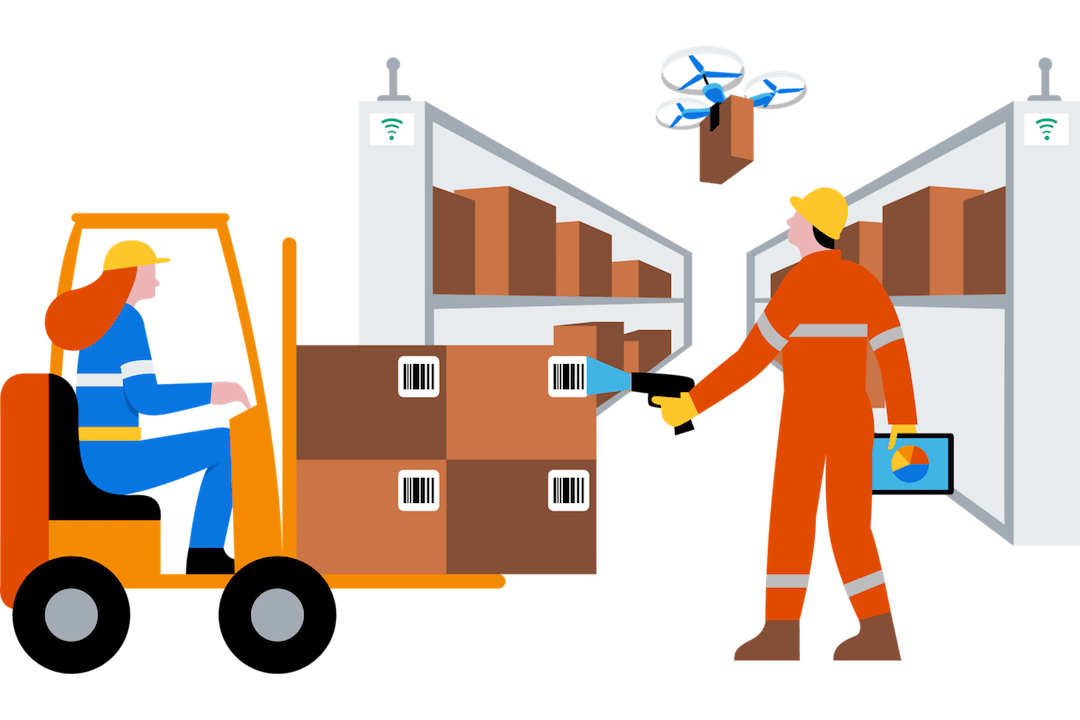The Australian mining and resources industry is under immense pressure to accelerate its sustainability journey to meet investor expectations, minimise risk, and make its people feel valued and inspired to perform.
Prioritising sustainability can deliver a range of benefits to mining and resources businesses. For example, a sustainability program that focuses on workforce belonging, equity and diversity can help organisations elevate workforce culture, performance, productivity, and job satisfaction across workplaces ranging from corporate headquarters to remote mining sites–delivering benefits that extend from individual organisations to the industry as a whole, and then to the broader economy and society.
In addition, to attract investment in a difficult global credit market, organisations need to commit to sustainability – particularly around environmental initiatives – and provide evidence of their activities in the area. Governments, large private investment funds, and superannuation funds are under growing pressure from members and activists to reduce their exposure to sectors viewed as contributing to environmental degradation and climate change.
Furthermore, by infusing a culture of sustainability underpinned by processes across their organisations, mining and resources executives can foster engagement with First Nations people – helping minimise the risk of making decisions that attract controversy, cause reputational damage, and potentially lead to regulatory or government action.

Sustainability in Australia’s mining and resources workplaces. Image: Workday.
Sustainability can also help mining and resources businesses win the war for talent. By using sustainable people practices such as employee listening and engagement to break down challenging workplace cultures at remote locations, mining and resources organisations open themselves up to a younger, more diverse pool of talent. This can revitalise organisations and improve their reputations within and outside the industry.
Sustainability’s growing importance to the modern workforce across all industries, including mining and resources, is revealed by listening to employees’ perspectives and priorities. At Workday, we’ve analysed employee comments across a range of industries that illustrate how workforce priorities have changed over a 12-month period. We’ve compiled our findings into the Workday Employee Expectations 2022 report.
We analysed 19 million comments submitted through the Workday Peakon Employee Voice intelligent listening platform throughout 2021, spanning nearly 1.8 million unique employees in more than 1,000 companies across a range of industries. Our findings provide a highly relevant guide for organisations in mining and resources and other industries to company priorities relating to employee sentiment.
Unsurprisingly, the findings reinforce the importance of sustainability to employees today.

Sustainability in Australia’s mining and resources workplaces. Image: Workday.
Growing Pressure to Improve Sustainability Engagement
The report revealed 12% of employee comments related to sustainability themes. Of particular interest was a large increase in comments focused on social issues and the environment compared to the prior year. In addition, the report found that sustainability performance was critical in helping organisations win the war for talent, with over 50% of employees evaluating prospective employers’ commitment to sustainability when making career decisions. Millennials and Generation Z are particularly invested in the sustainability conversation.
Pressure on organisations, including mining and resources businesses, to improve sustainability performance is also coming from regulators, investors, and other stakeholders that are ramping up their interests in this area.
In November 2021, the IFRS Foundation, an organisation established to develop globally accepted accounting and sustainability disclosure standards, set up the International Sustainability Standards Board to meet investor demand for transparent, reliable reporting on climate, and other environmental, sustainability and governance (ESG) matters.
In the United States, the Securities and Investments Commission (SEC) continues to work on planned new requirements for climate-related information to be included in company statements and reports, while in late November, the European Council gave final approval to the corporate sustainability reporting directive (CSRD) that requires companies to publish detailed information on sustainability matters.
In Australia, momentum is also building for improved sustainability reporting standards. For example, last year, the Australian Accounting Standards Board recommended voluntary adoption of international recommendations to improve reporting of climate-related financial information. These recommendations came from the Taskforce on Climate-related Financial Disclosures, a body set up by the Financial Stability Board, an international organisation that monitors and makes recommendations about the international financial system.
Mining and resources companies and peak bodies are recognising and addressing the sustainability challenge. Peak industry organisation, the Minerals Council of Australia (MCA), has implemented an accountability framework that enables member organisations to evaluate, manage, and communicate their sustainability performance. The framework will be a future condition of MCA membership, with organisations required from 2025 to assess and publicly report on their performance and submit for independent verification.

Sustainability in Australia’s mining and resources workplaces. Image: Workday.
An Expert Partner Key to Success
While many mining and resources companies are turning to technology to listen to and engage with employees to help shape sustainability initiatives, these solutions are most effective when combined with the skills and capabilities of a vendor experienced in addressing the industry’s specific challenges.
Working with such a vendor over the journey allows companies to modernise and establish sustainability-driven values across their operations to establish solid corporate citizenship.
At Workday, we recognise the importance of helping businesses in mining and resources address evolving sustainability regulations and corporate accountability. We have released two new solutions – Social Reporting for ESG and Supplier Risk and Sustainability – to help manage this critical area.
This complements a product portfolio that already supports sustainability goals with belonging and diversity solutions, sustainable sourcing, compliance training, pervasive audit, internal controls features, and planning and analysis of sustainability data.
We also enable customers, partners, and developers to deploy and adopt new sustainability capabilities by building extended solutions on our platform.
With our Social Reporting for ESG solution, mining and resource organisations can track information around workforce composition, organisational health, diversity, and workforce investment from Workday HCM. Additional insights from Workday People Analytics, Workday Peakon Employee Voice, and Workday Learning can further enhance social competencies, elevating sustainability in general.
Our Supplier Risk and Sustainability solution helps organisations improve the sustainability and resilience of their supply chains and assess Scope 3 emissions – carbon emissions beyond a company’s direct operation and utility (electricity, steam, heat, or cooling) use.
With Workday software and expertise, mining and resources organisations can undertake the sustainability journey confident of success in executing far-reaching cultural change, revitalising their workforces with diverse, young talent, and meeting strict regulatory requirements.
Jo-Anne Ruhl is the vice president and managing director of Workday Australia and New Zealand.
If you enjoyed this piece on sustainability in Australia’s mining and resources workplaces, read more on Australia’s mining industry here.

